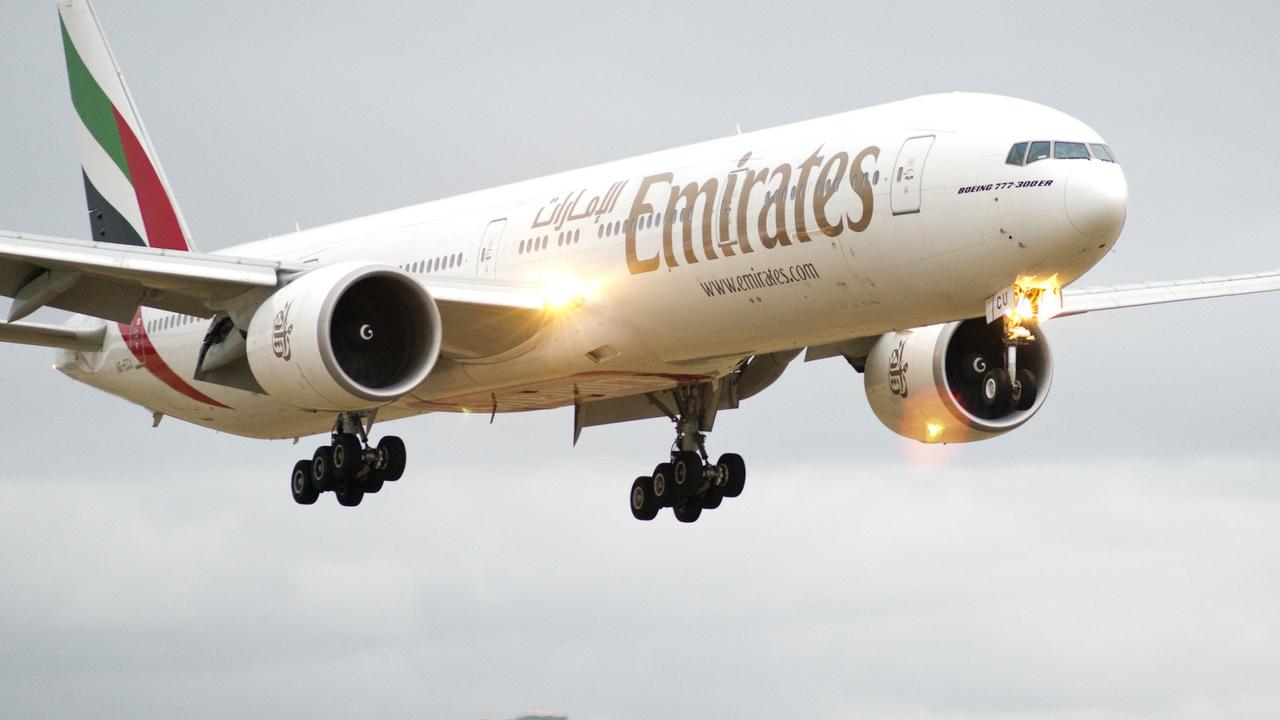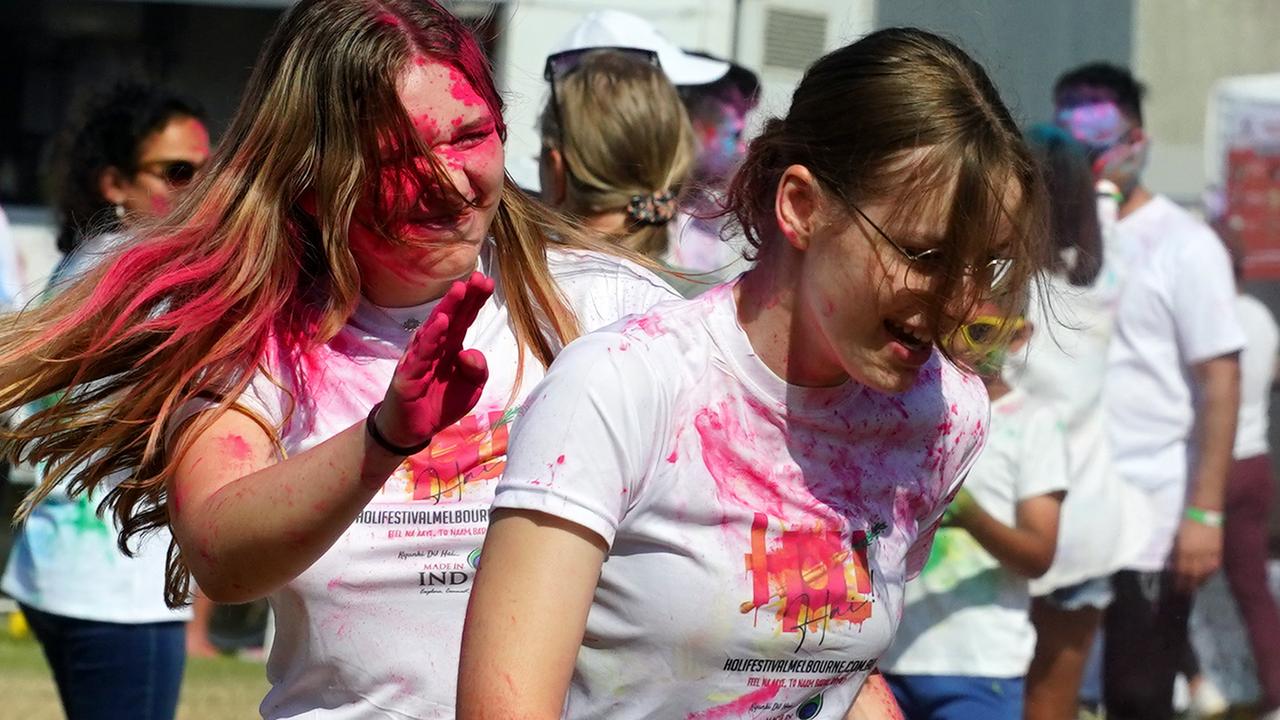The side of Bali that Australian tourists don’t see
Thousands of Australians flock to the island paradise every year, but they don’t really know what goes on outside their hotel walls.
Stunning beaches, delicious food and, of course, great shopping.
Bali is the island paradise many thousands of Australians flock to every year, but away from the tourist hotspots there’s a heartbreaking sight many don’t ever see.
And Australian expat and philanthropist Dean Keddell is revealing the truth about what’s really going on in Bali, because behind the famous tourist strips and the smiles lies a terrible reality for many.
Dean is the chef and owner of two Bali restaurants; Ginger Moon Canteen and Jackson Lily’s. More recently, he is also the author of Our Bali Your Bali, a cookbook penned during the pandemic to help raise money for locals.
“Bali is known as an island paradise,” Dean told news.com.au.
“But it should be an island paradise for everybody, not just a chosen few. There’s millions of tourists that frequent Bali every year, on a normal year, and many people don’t know what goes on outside of their hotel walls.
“There’s a lot more to Bali than beach clubs, swimming pools and cocktails.”
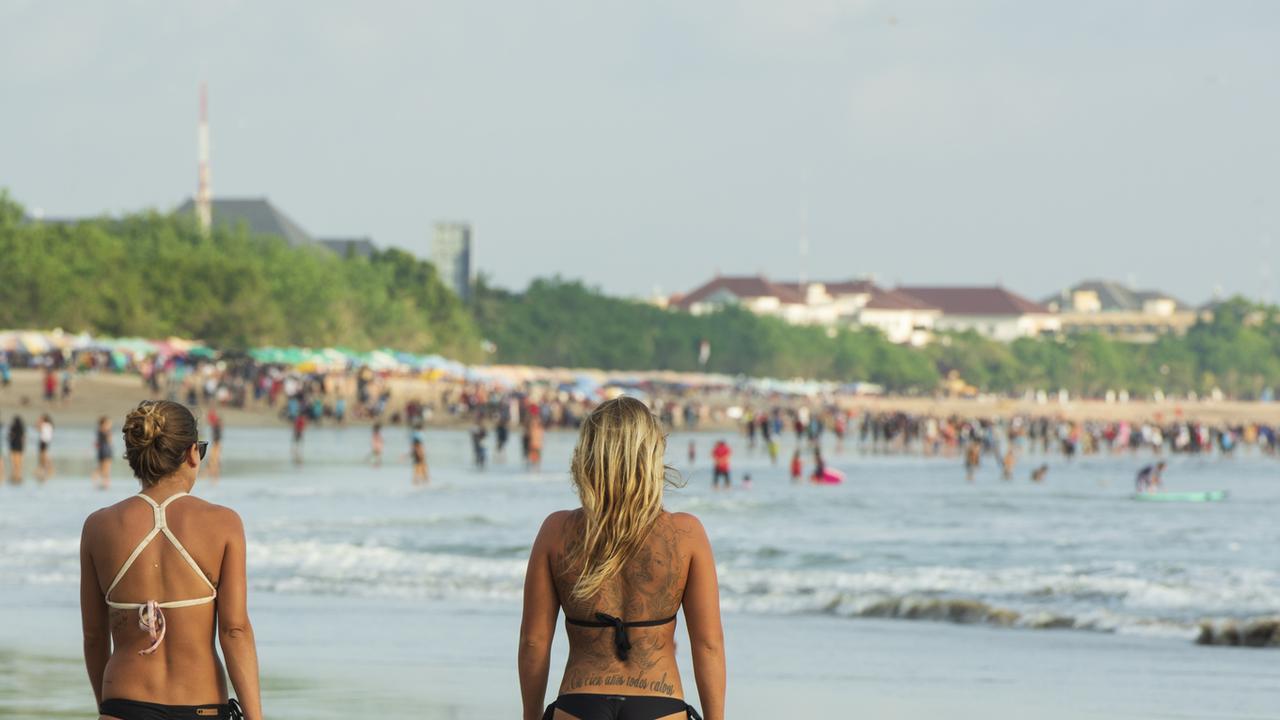
Because here, 202,000 people are living on less than $2 a day, according to local website Coconuts Bali. And looking more broadly, Indonesia has the fifth-largest concentration of poor people in the world, with at least 100 million people living on $2 or less a day.
It’s a massive problem, and when Covid-19 hit and tourism was halted, it had a devastating impact on Bali with many locals losing their main source of income, forcing even more into poverty.
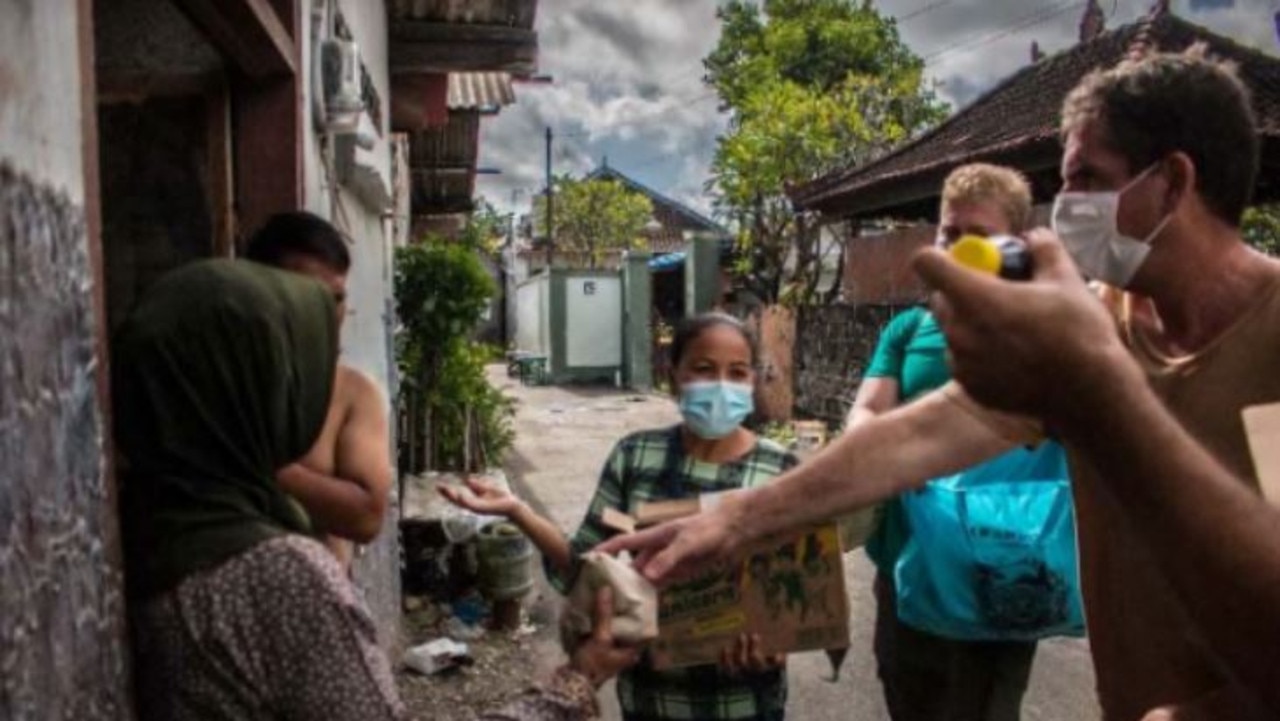
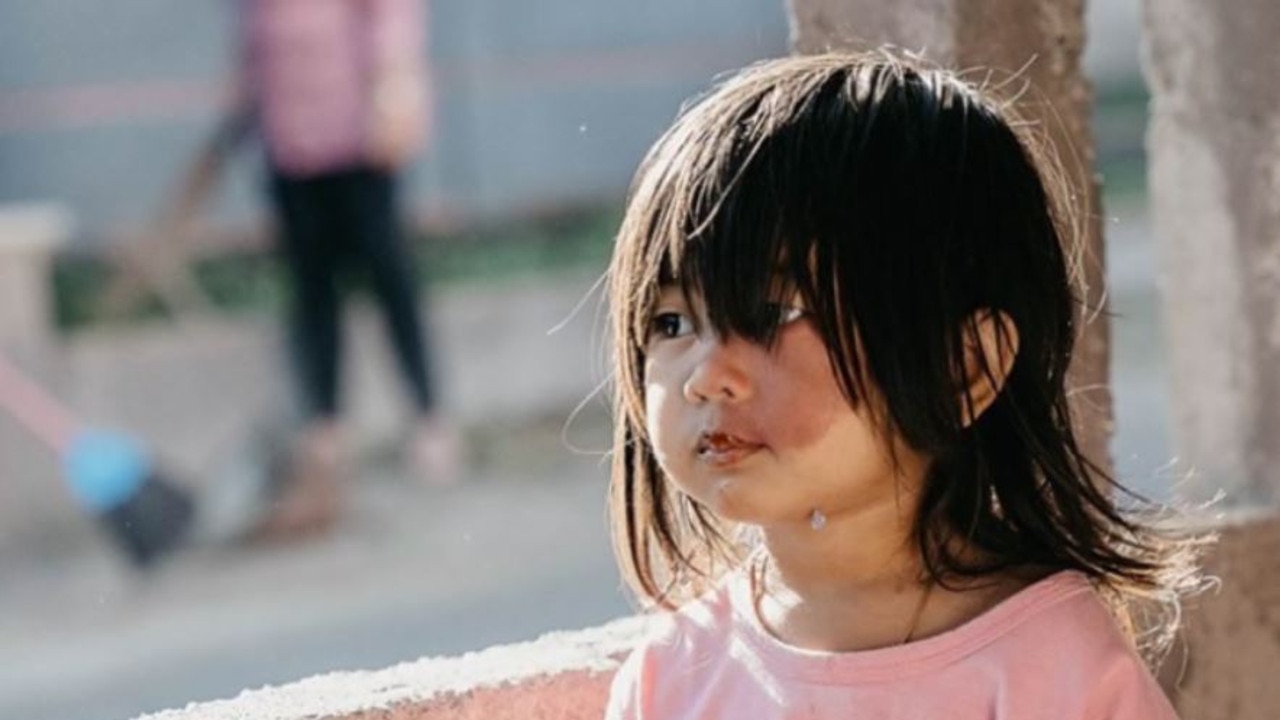
With no option but to close his restaurants, Dean was inspired to help locals however he could so he penned his cookbook, which has since raised an impressive $540,000 for charities. However he says it’s a drop in the ocean of what’s needed to help those who are struggling.
“When I see my business is closed (due to Covid-19) and I see the pain and angst on the faces of my staff I asked myself a question,” he said. “I can help these people but if I don’t, what sort of a person am I? So the answer is simple, I have to help.”
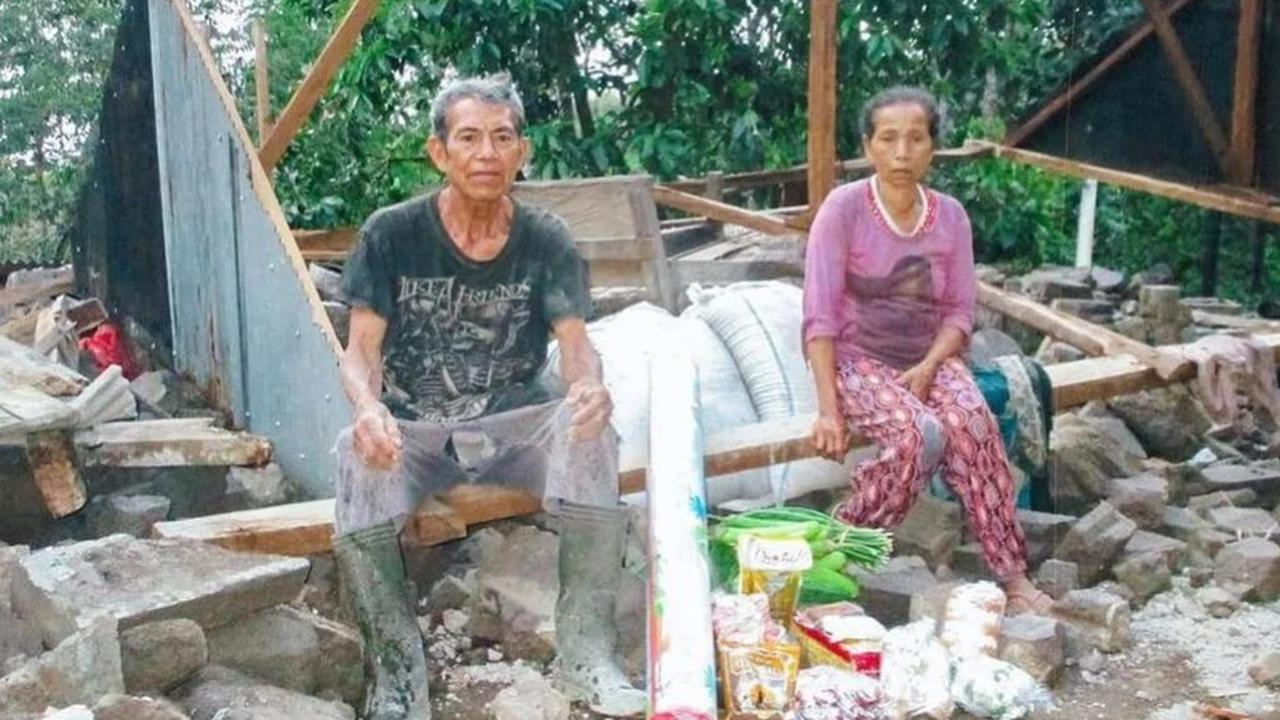
With the proceeds of his cookbook, Dean supports five non-government organisations and sees what life is like for many people away from the tourist strips, from the slums of Denpasar to the more remote areas of Bali, where many don’t even have access to clean drinking water, sufficient food, shelter, medical care or even toilets.
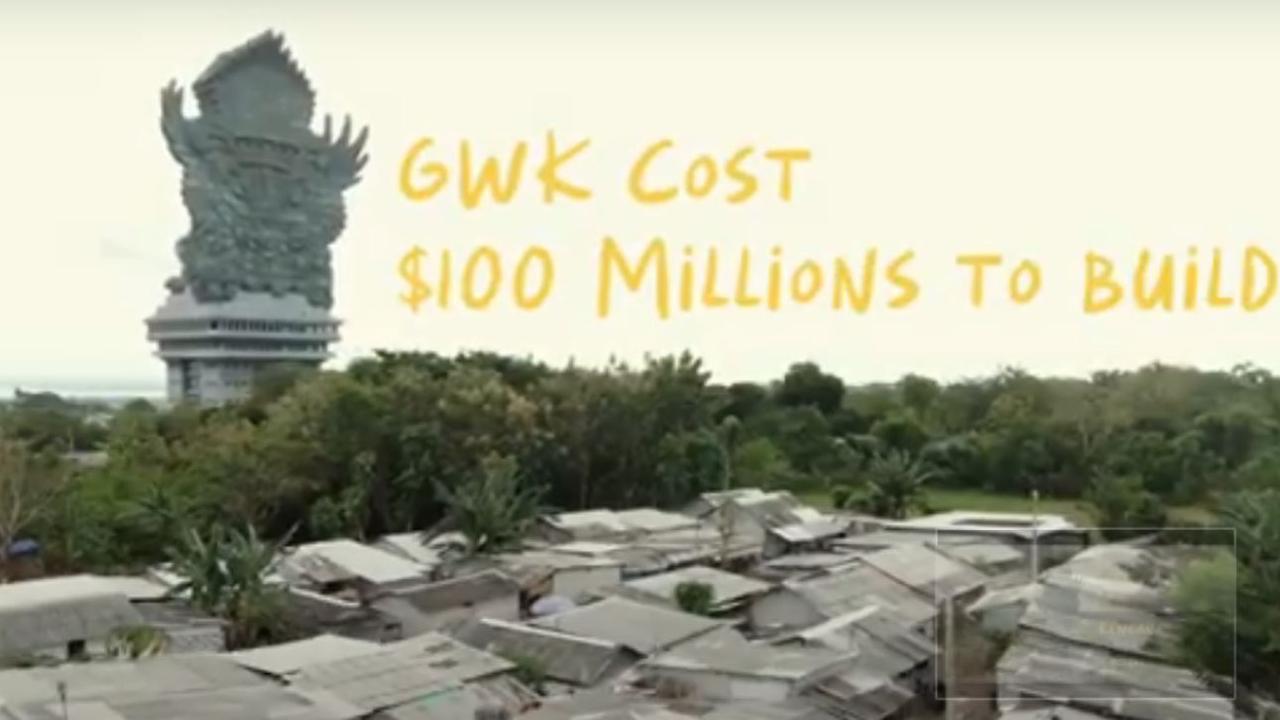
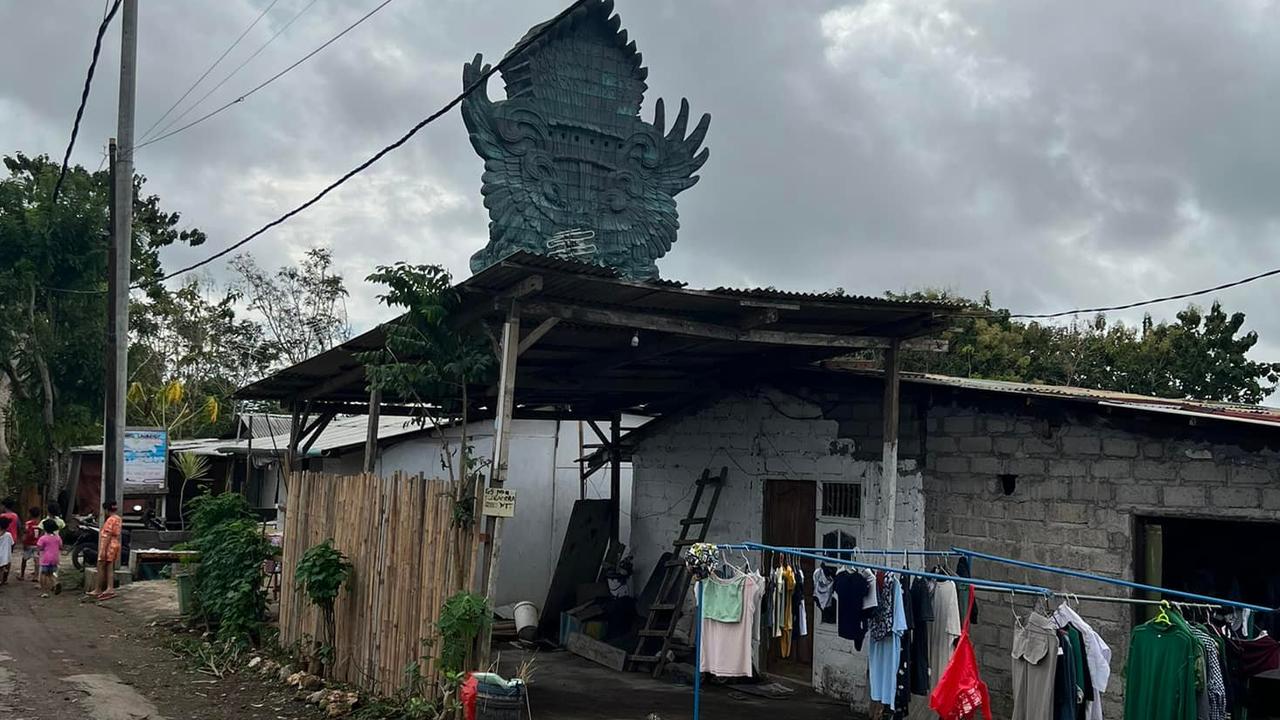
Dean also talks of how the world is full of contrasts; the haves and have nots, and Bali is home to a huge contrast. He’s referring to the Garuda Wisnu Kencana statue, which stretches 122 metres tall and cost a staggering $100 million to build, while all around people live in poverty.
“It’s one of the biggest statues in the world, and behind it is some of the poorest people in the world,” Dean said.
The statue is located in Garuda Wisnu Kencana Cultural Park, south of Denpasar.
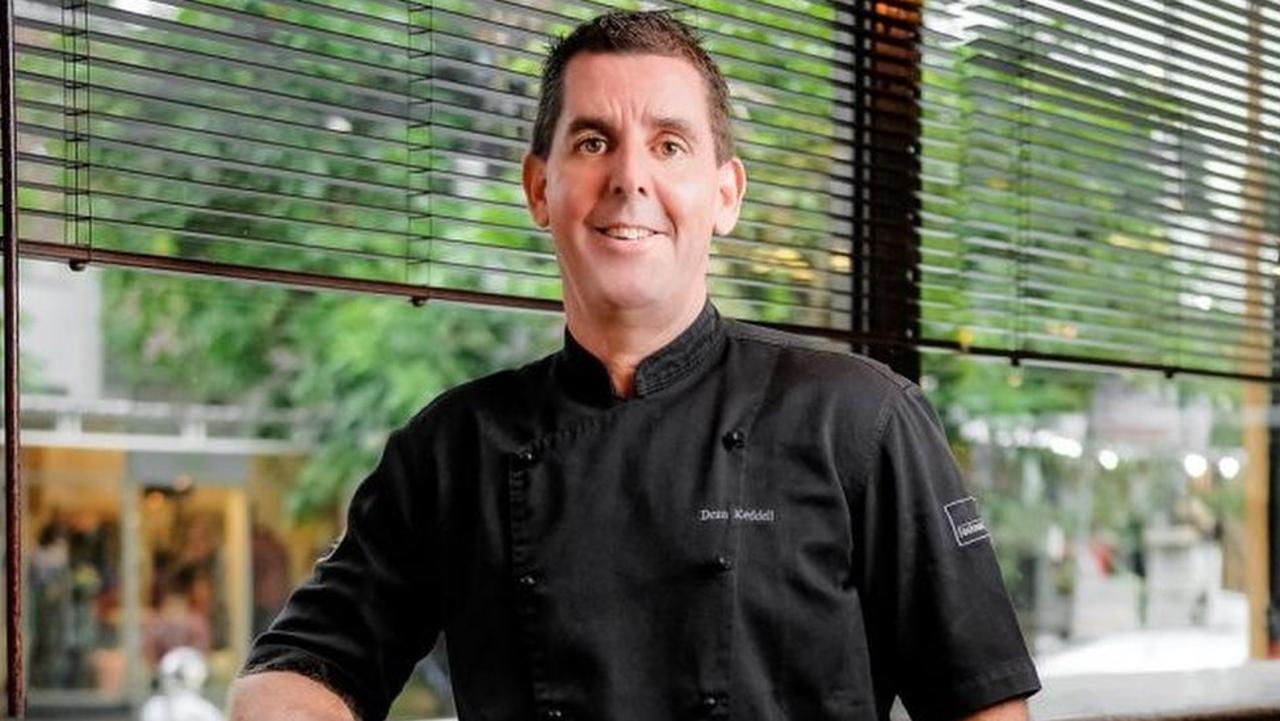
He is also currently producing a documentary series called Paradise on Hold, and has recently aired his second video at a local charity dinner. It exposes the harsh reality faced by so many in Bali’s poverty-stricken region of Desa Ban, due to extreme isolation.
Here the basics of life are absent with some having to trek for hours daily just to get water for drinking, cooking and if there is any left, bathing. This is an area where time seems to have stood still.
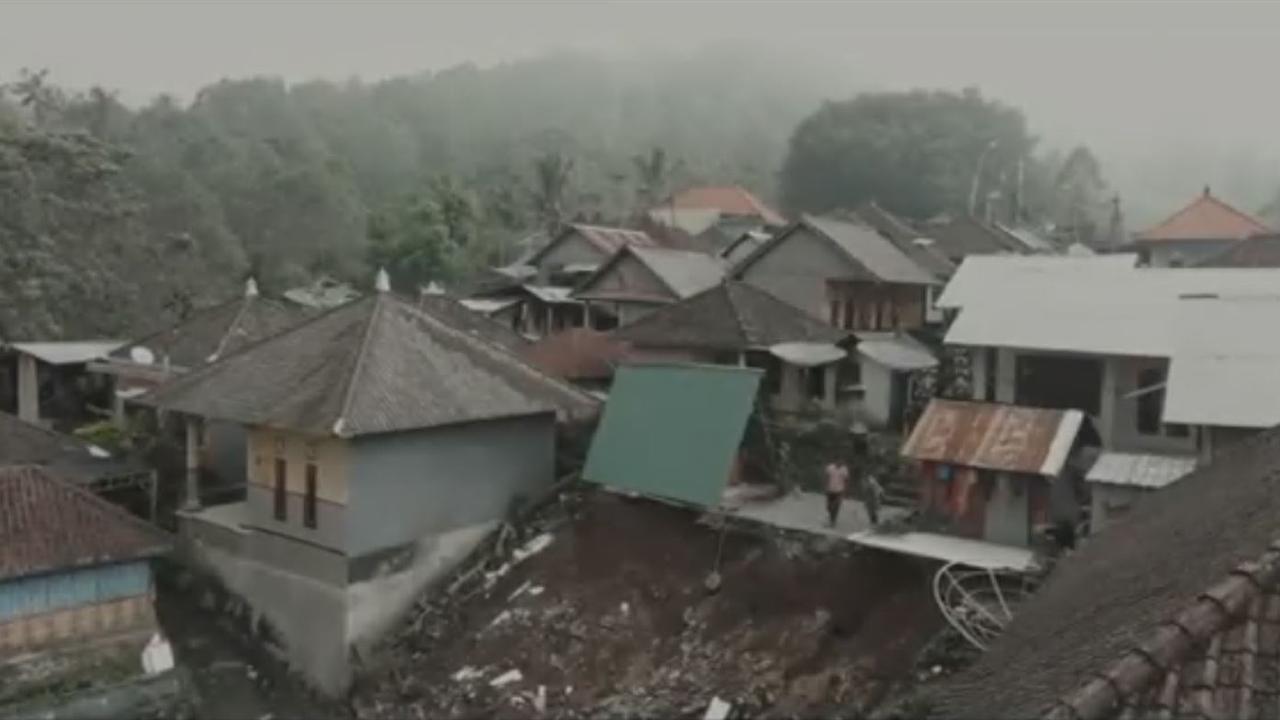
“These are heartfelt stories from people lost in time that shatter our very definition of an island paradise,” Dean said.
Upon travelling to the remote village, doctor Gde Ngurag Indraguna told of how shocked he was by what he saw.
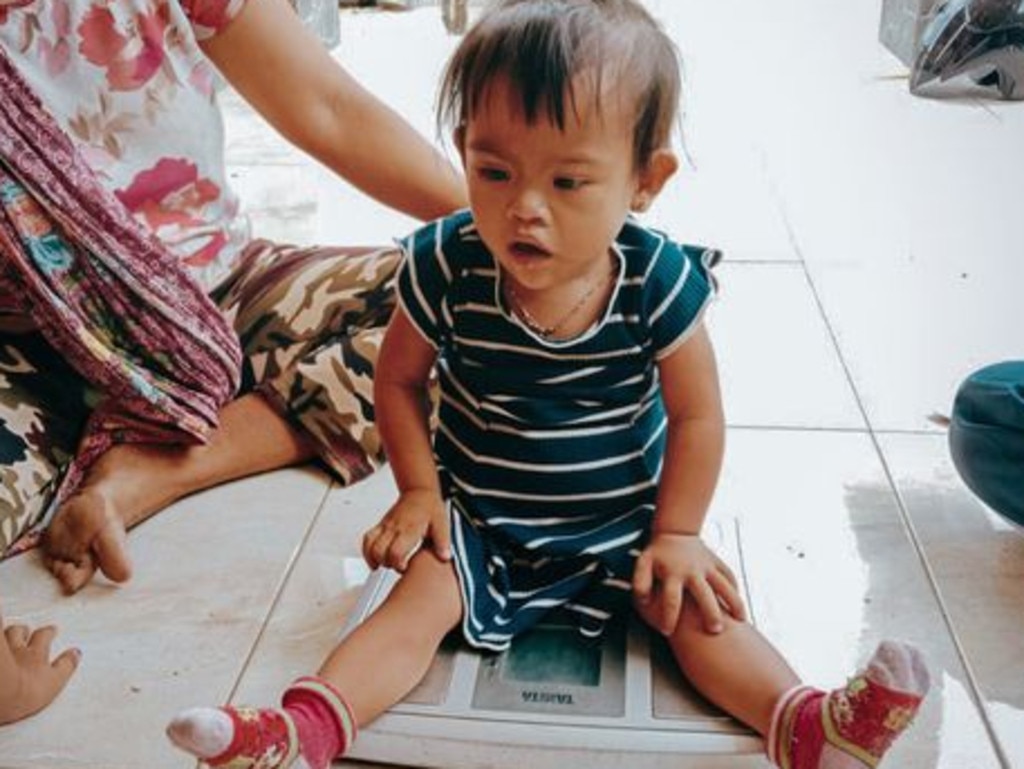
“I’m surprised because that village is so poor, it’s isolated, dry,” Doctor Gde said. “The people are very dirty too. Many of their children have skin diseases.
“There are a lot of stunting cases there, the people are so thin and small.”
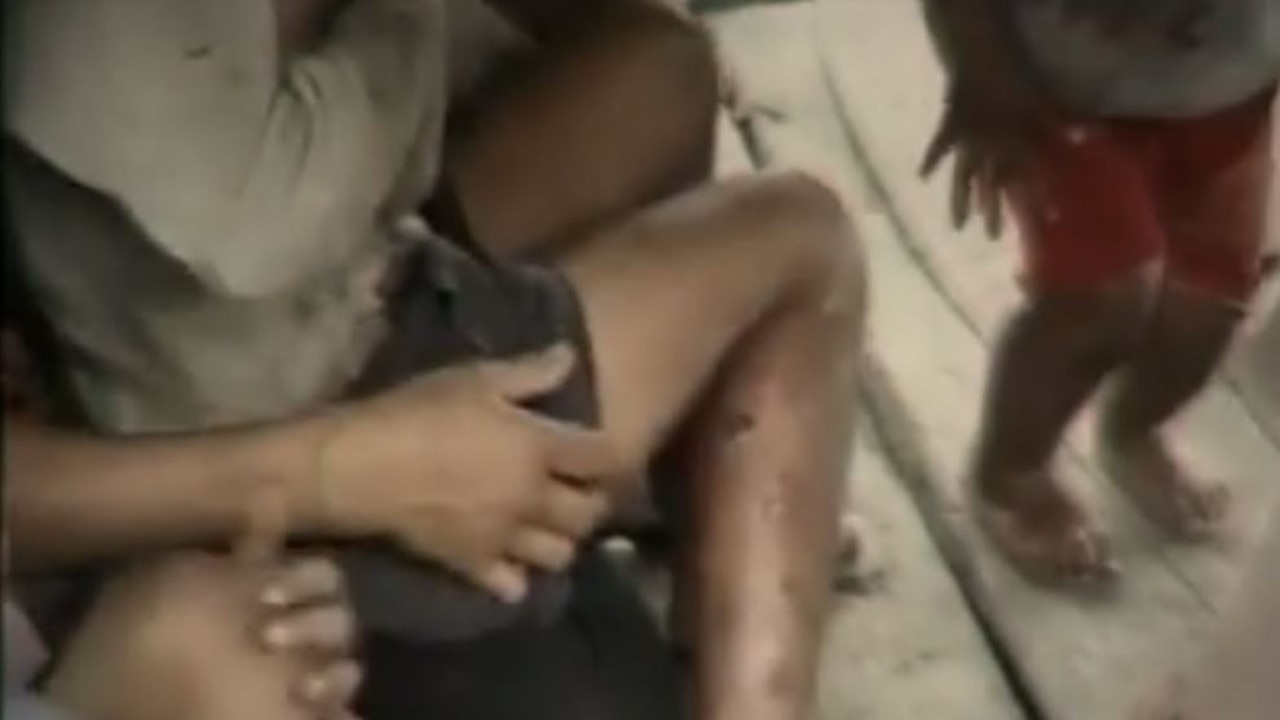
Meanwhile, Ban Village Resident Ni Wayan talked of what it was like growing up there.
“I used to live in the middle of the forest,” she said. “What happened what I was a child, we had no water reservoirs.
“There was no water. My childhood was very challenging.”
She said she would go to the water reservoir “around four times a day, down a path full of obstacles and it would take around an hour each time”.
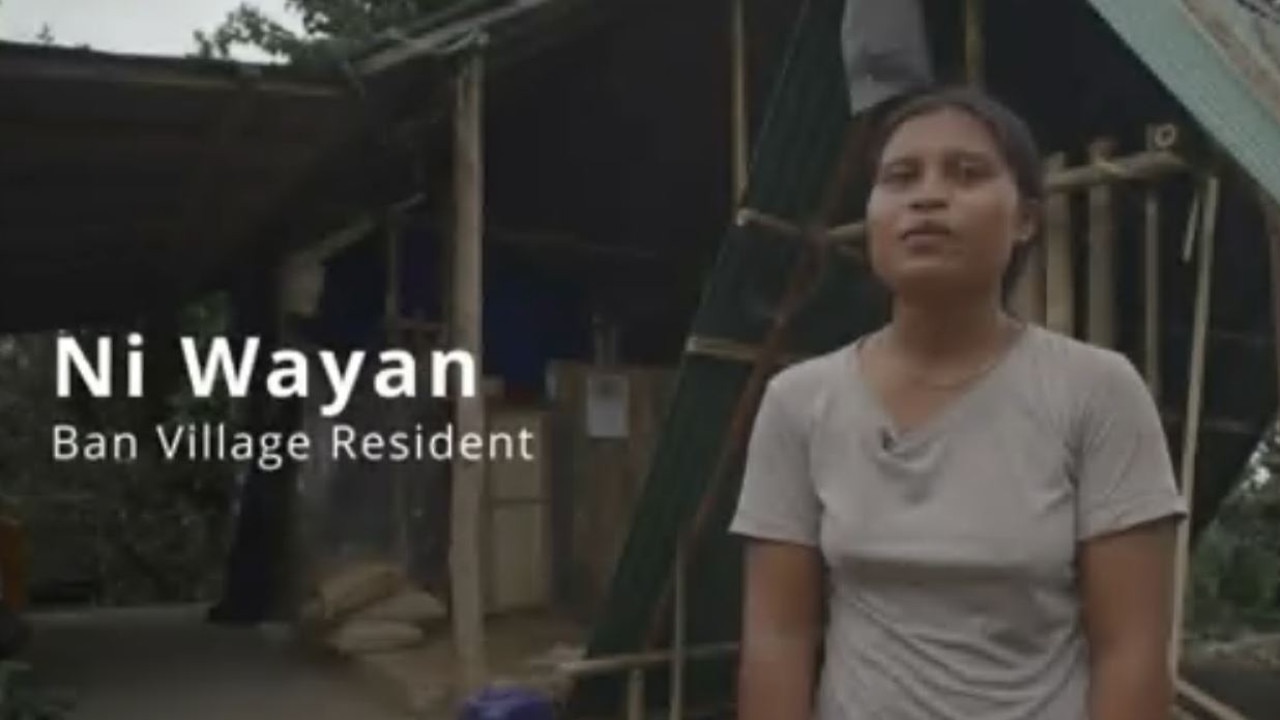
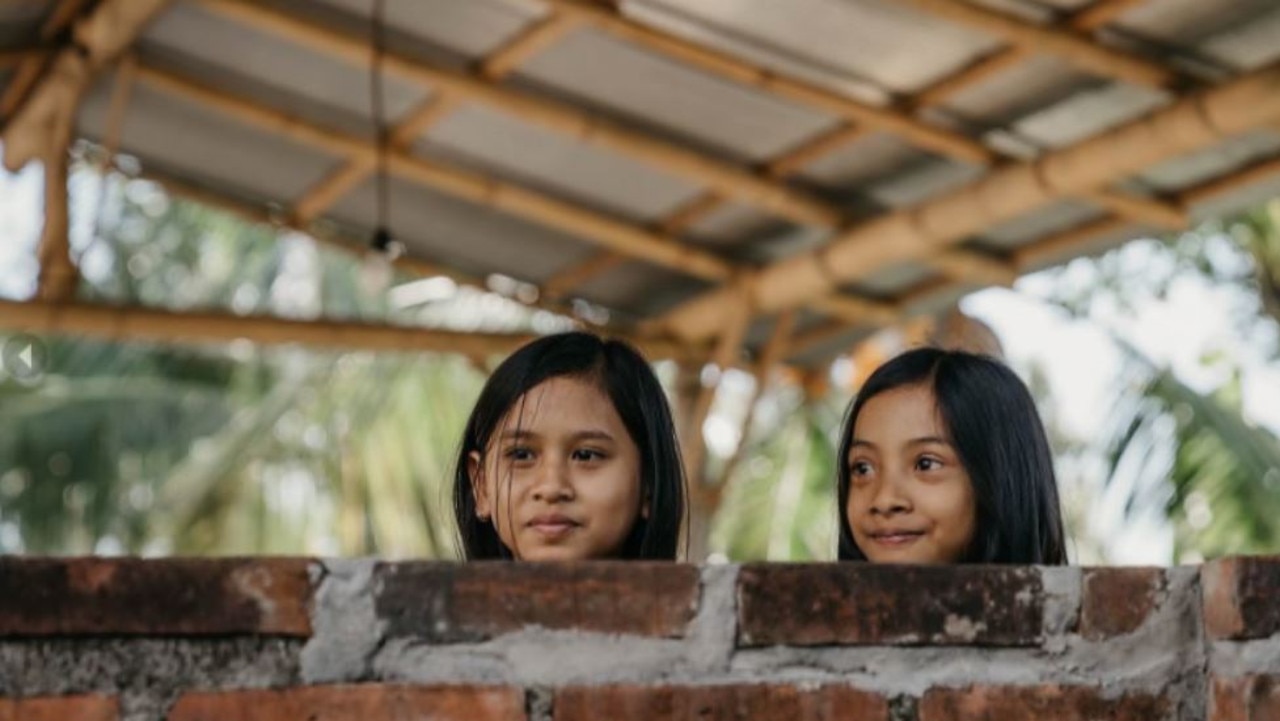
Dean works alongside David Booth, Founder of East Bali Poverty Project, to help the locals. David has noted the area’s high mortality rate has started to show some signs of improvement since the charity started helping out.
“When we did a survey in 1999-2000 with Dr Indraguna the average child mortality before age one was 30 per cent,” David said.
“ … For about 10 years – of the 300 children approximately born every year – none of them dead in the last few years except one last year and one three years ago.”
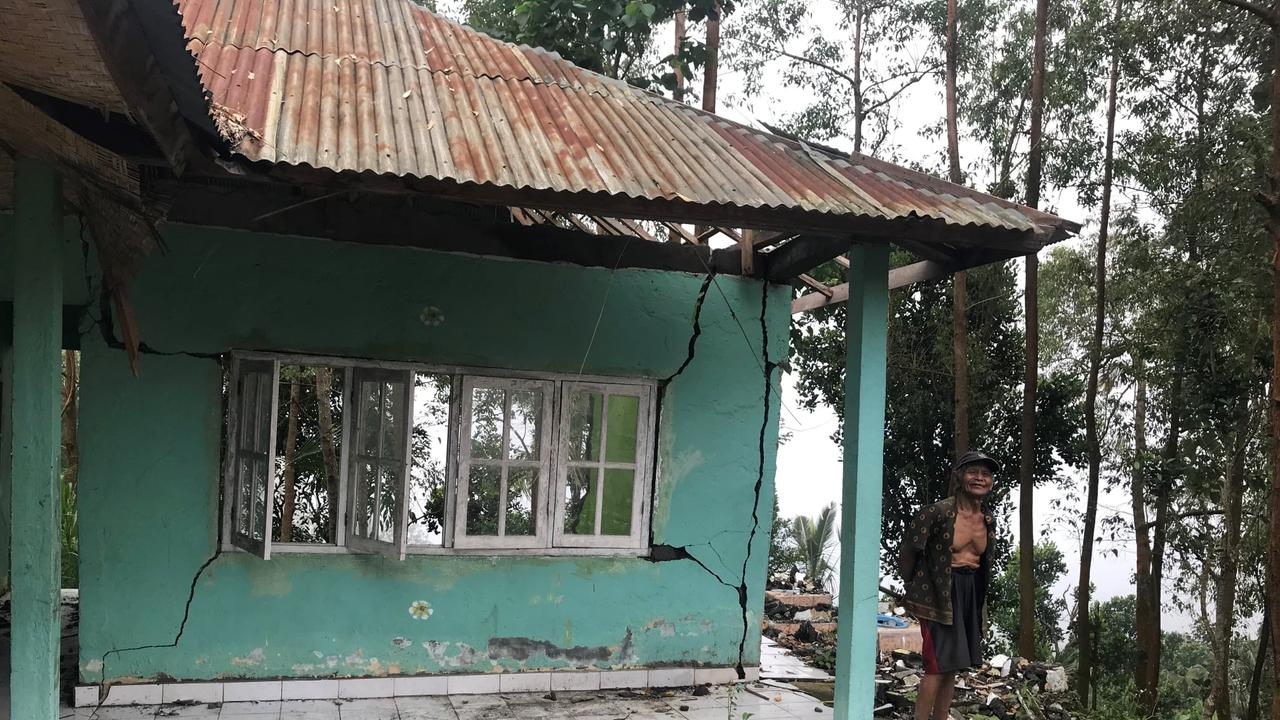
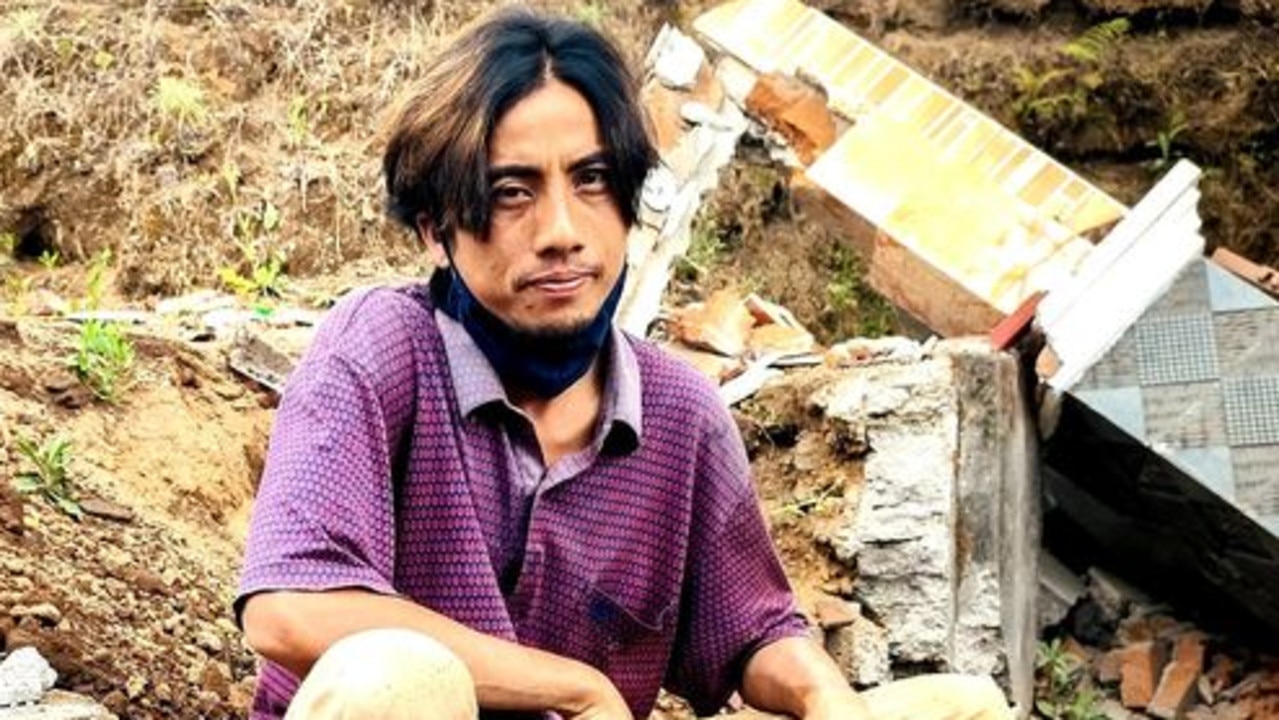
But there’s a lot more that still needs to be done. So how can you help? Dean believes every person on this planet should have the basics of human rights and be able to live their lives with dignity.
“To ensure Bali is a paradise for all who live here, we must assist the amazing foundations that provide clean water, food, clothing, shelter, health, empowerment and education to the many thousands who are without,” he said.
You can find out more at Dean’s website Our Bali Your Bali. And these are the five charities that receive funding from Dean:
1. Bali Children’s Foundation – helping thousands of local children to complete school and
to find employment.
2. Scholars of Sustenance – combating the effects of poverty by providing nutrition to
those in need.
3. Friends of the National Parks Foundation – working to protect wildlife and their habitats,
at the same time supporting local communities.
4. East Bali Poverty Project – building communities from the ground up, whilst enabling
people to help themselves.
5. Bali Wise by R.O.L.E Foundation – empowering marginalised women through skills
education, as a means to develop sustainable communities.

